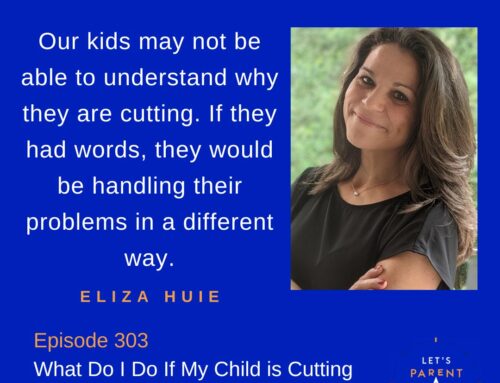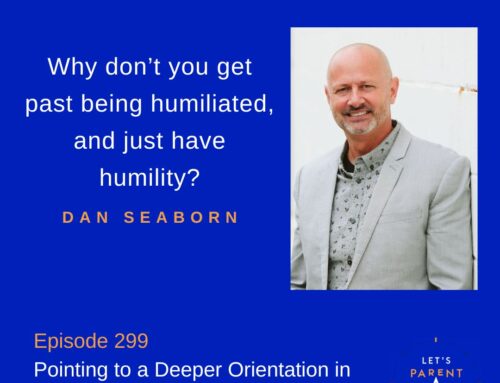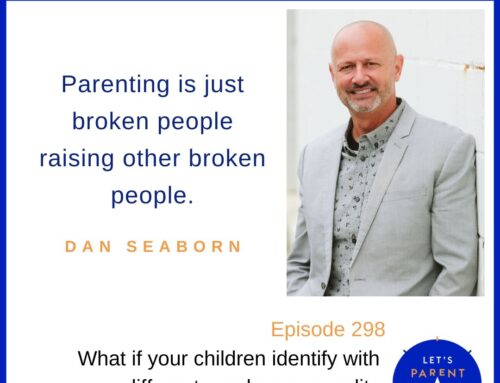Powered by RedCircle
The only real problem I have with people is that they don’t do exactly what I want when I want them to do it. My kids, being little people, are often guilty of this as well. Between their sin nature and my sin nature, there’s plenty of opportunity for conflict in our home.
Conflict doesn’t have to be catastrophic. Family is the primary environment to develop wisdom and character. Done well, we will become courageous people who thrive in most situations. Done poorly, our family members can be crippled for life, passive doormats or overbearing tyrants who poorly reflect the image of God in a broken world.
Since you’re going to have conflict, you should have a strategy for conflict. These principles are vital to your marriage as well as your parenting. As a bonus, it turns out that these same strategies are helpful in the rest of your relationships as well!
- Always remember that there are two narratives in conflict. One narrative is about the actual subject, the other is about how we value the people involved. Your goal should be to understand and be understood as you resolve the conflict. If your goal is to win, you’ve already lost the more important narrative, the one where you say “you’re more important to me than this issue.”
- Fight fair. As a young married man, after being in a ridiculous fight with my spouse about something I now can’t recall, a wise older man took me for a ride on his motorcycle. Over hot dogs, he proceeded to remind me of these points I forgot from premarital counseling:
- NEVER use the words “always” or “never”. Nobody “always” does something and nobody “never” does something. When you use these words, you throw gasoline on the conflict and you are attacking their character, not their actions.
- Stick to the subject. If you’re cornered and feel like someone just got a point over you, don’t grab some other fault of theirs and bring it into the argument. Just admit you’re wrong. Grabbing extra subjects turns arguments about laundry into evaluations of your entire relationship.
- Give opportunity for a “time out” or set a time to appropriately address the topic. 5 minutes before you leave for work or your kids leave for school is a terrible time to start a fight. Not only does it spoil everyone’s day, but those might be the last words you ever say to someone. Give time and space to get emotions in check, and let there be enough time to work it out.
- With your critiques, do your best to not extrapolate a particular behavior into condemning their character. For instance, “look at all this trash, you’re so lazy” is bad (even if it’s true). “Hey, I really need you to clean up after yourself. It shows me that you care about me and the family when you do. I show that I care about you by driving you to your friend’s house. So we’re going to have the standard that I don’t sacrifice my time and gas money to drive you until you’ve shown you’re a part of the team here by picking up after yourself,” is better.
- Technology is not your conflict friend. Perhaps the most important discipline for you to have with your phone is to refrain from using texts (or emails) to communicate negative feelings and ideas. To anyone. Ever. Especially your teens. If you are sitting in one room of your house and your teen is in another room, and you are texting out your clever, sharp, precise words on why you are right and they are wrong, grow the heck up and go talk to them. If you’re not with them and need to get something off your chest, be like every parent ever in the previous 6,000+ years and wait until you’re with them. This is excellent advise with your spouse and ever other human as well.
I really love the concept of the Love Tank from His Needs, Her Needs by William F. Harley. Every day, in every interaction, we are making deposits and withdrawals from the love tanks of the people around us. Stress and conflict can cause massive withdrawals. But understanding and resolution can make sizable deposits.
My personal prayer, and my prayer for you, is that our goal in conflict is to win the person, not the argument. The people in our lives are image bearers of God. Let’s treat them that way.







“Our goal in conflict is to win the person, not the argument.”
I love this encouragement! Thank you.